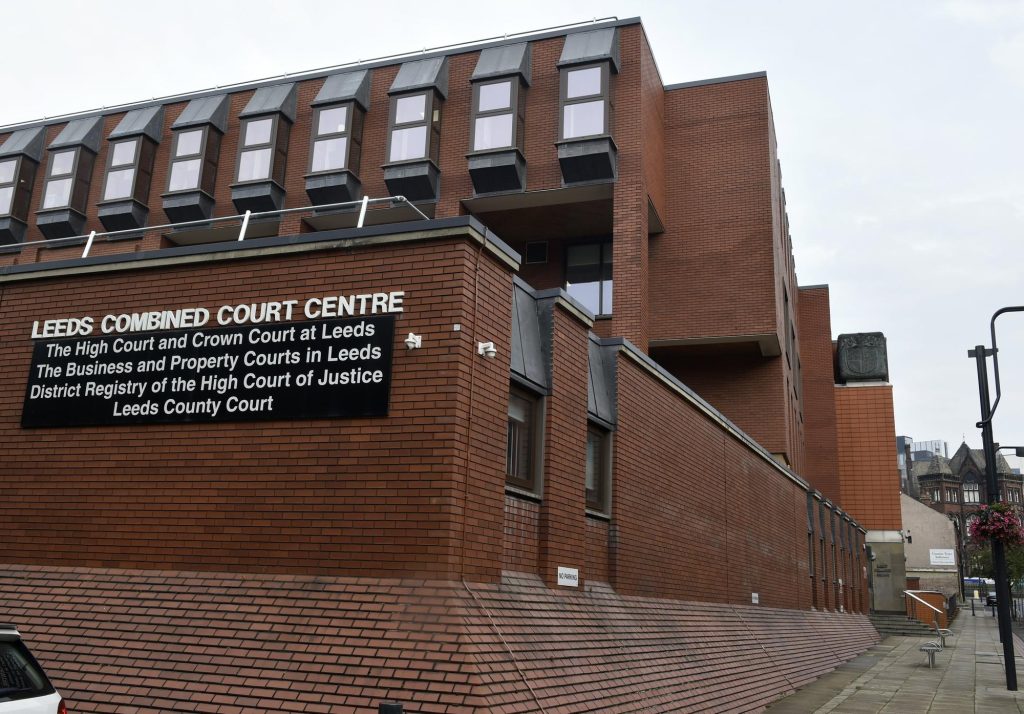The Struggle of Survivors and the Limits of Legal Recourse
Two women who became mothers during abusive relationships have faced a setback in their fight against the so-called “rape clause” within the two-child benefit cap. Their legal challenge, which aimed to highlight the flaws in the policy, was dismissed by the court, leaving them without the financial support they desperately needed.
The non-consensual conception exception allows universal credit (UC) recipients to claim benefits for more than two children if the third or subsequent children were conceived without consent. However, this rule does not extend to cases where the first two children are the result of rape but later children are born in consensual relationships. This has left some women, like LMN and EFG, in a difficult position, unable to access the additional support they require.
LMN and EFG, whose identities remain protected, took legal action against the Department for Work and Pensions (DWP), arguing that the rules violated their human rights and were irrational. In a recent ruling, Mrs Justice Collins Rice dismissed their claim, stating that the issue was a matter of policy rather than a legal one.
During the hearing at the Leeds Administrative Court, it was revealed that both women were young and vulnerable when they began their relationships in their teens and became pregnant. Karon Monaghan KC, representing the women, highlighted the severe abuse they endured, including physical and sexual violence. One woman described being choked unconscious and raped multiple times.
EFG, who had two children through rape, was initially allowed to receive benefits for her third child but lost this support after the birth of her fourth child. LMN, a mother of six, faced similar challenges. She was subjected to domestic abuse and coercive behavior from her partners, leading to the birth of several children. Despite her efforts to provide for her family, she was denied an exception to the two-child limit.
The Child Poverty Action Group (CPAG), which provided legal representation for the women, noted that while LMN eventually received an exception for her youngest child, she had gone years without this support, resulting in significant financial loss.
Mrs Justice Collins Rice acknowledged the women as survivors of severe abuse, emphasizing the emotional and psychological trauma they endured. She pointed out that their argument centered on the idea that the UC two-child benefit cap should not apply to them unless they had the opportunity to have two children through freely chosen relationships. However, she stressed that this was a political debate, not a matter for the courts to resolve.
The judge concluded that there is no clear legal framework to determine whether UC recipients who had children through non-consensual means should receive additional support. She described the issue as a complex policy question involving social, economic, moral, and ethical considerations.
In response to the judgment, EFG expressed disappointment but vowed to continue fighting for change. She emphasized that her choices were taken away by her abuser, and the two-child limit made it harder for her to support her family. LMN also voiced her determination to continue the case, feeling it was a violation of her human rights.
Claire Hall, a solicitor at CPAG, stated that the women were disappointed but remained committed to their cause. They plan to explore the possibility of appealing the decision while urging the government to take action to abolish the two-child limit.
A DWP spokesperson reiterated the government’s commitment to addressing violence against women and girls, highlighting the need to halve such incidents within a decade. They emphasized that victims of rape and coercion should be treated with dignity and respect. The spokesperson also mentioned that the policy in question will be reviewed alongside other initiatives by the Child Poverty Taskforce, with a strategy expected to be published in the autumn.
This case underscores the ongoing struggle of survivors to navigate a system that often fails to recognize their unique circumstances. As the debate continues, the call for reform remains strong, driven by those who believe in a fairer and more compassionate approach to supporting families affected by abuse.


